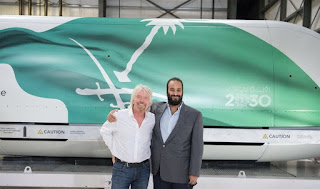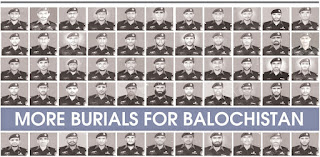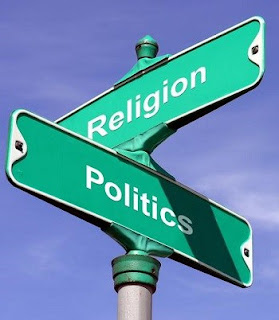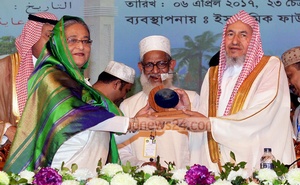Astronomy: The outer frontier of MbS’ liberalization

Credit: SPA By James M. Dorsey Saudi Crown Prince Mohammed bin Salman’s investment of $1 billion and option to pump a further $480 million into Richard Branson’s ventures in space , confirmed during the prince’s recent visit to the United States, was more than just another headline-grabbing move. By focusing on space sciences, long a field rejected by ultra-conservative Islamic scholars, some of whom insist that the earth is flat, Prince Mohammed was setting the outer limits of his top-down redefinition of Saudi Arabia’s austere interpretation of Islam. In doing so, Prince Mohammed was seeking to end the dampening effect Islamic scholars have had on the kingdom’s technological and scientific development for both civilian and military purposes. As recently as 2014, a Saudi astronomer complained that the kingdom’s “general culture,” a reference to religious ultra-conservatism, had resulted in a “lack” of teaching and study of astronomy. Islamic scholars rejec




